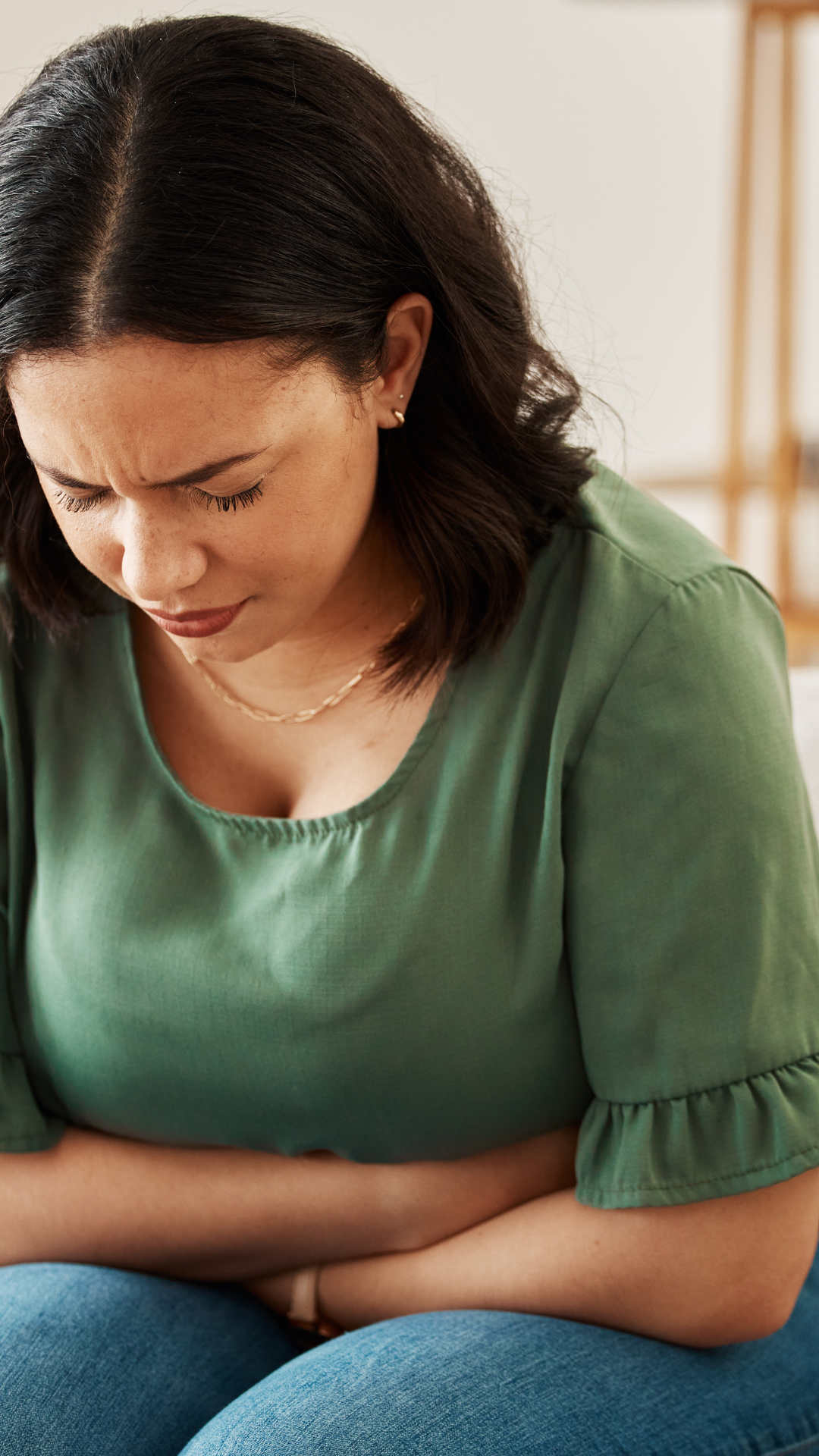
Stress and anxiety are often viewed as mental health issues, but their effects can extend far beyond the mind. In fact, the link between stress and anxiety can manifest as chronic pain, muscle tension, headaches, and other physical ailments. The mind-body connection is a powerful force, and understanding how mental health issues like stress and anxiety contribute to physical pain can be a crucial step in improving overall well-being. Holistic therapies, such as acupuncture, massage, chiropractic care, and counselling, offer effective methods for addressing the root causes of these physical manifestations and promoting healing from within.
The Mind-Body Connection
Stress and anxiety are natural responses to the challenges and pressures we face in daily
life. However, when these feelings become chronic, they can trigger a range of physical
symptoms. This is because the body’s stress response is designed to prepare us for “fight
or flight,” which includes increasing heart rate, tightening muscles, and releasing stress
hormones. While this response is useful in short bursts, prolonged stress and anxiety can
wreak havoc on the body, leading to issues like chronic muscle tension, headaches,
digestive problems, and even chronic pain.
The link between mental health and physical pain lies in the way our nervous
system reacts to emotional stress. When we’re anxious or stressed, our sympathetic
nervous system (which controls the body’s fight-or-flight response) becomes activated,
often resulting in tight muscles and an elevated heart rate. Over time, these responses can
become ingrained, leading to chronic tension, pain, and discomfort.
How Mental Health Issues Manifest Physically
One of the most common physical manifestations of stress and anxiety is muscle tension.
People experiencing stress often unconsciously tighten their muscles, particularly in the
neck, shoulders, and back. This tension can build up over time, leading to pain and
stiffness. Chronic headaches, often referred to as tension headaches, are another
frequent symptom, as the tight muscles in the neck and shoulders can lead to pain that
radiates to the head.

In addition to muscle tension and headaches, anxiety and stress can also affect other
systems in the body. For example, chronic stress can disrupt the digestive system, leading
to issues like irritable bowel syndrome (IBS), indigestion, and nausea. Similarly, stress can
lead to sleep disturbances, which can further exacerbate pain and discomfort by
preventing the body from healing and recovering during rest.
Holistic Therapies for Stress and Physical Pain
While medication can be effective in treating the symptoms of stress and anxiety, holistic therapies offer a more natural and sustainable approach to addressing the underlying causes of both mental and physical health issues.
Acupuncture
- Involves inserting fine needles into
specific points on the body to stimulate the flow of energy (or “qi”). Acupuncture
has been shown to reduce stress and anxiety, as it stimulates the release of
endorphins, the body’s natural painkillers. Additionally, acupuncture can help
reduce muscle tension, improve circulation, and promote overall relaxation.
Massage Therapy
- Reduces muscle tension and promotes relaxation. By working on specific areas of tension, massage
can help alleviate pain caused by stress and anxiety. Regular massage therapy improves flexibility, enhances blood flow, and reduces the physical effects of chronic stress. It’s an excellent complementary treatment for both mental and physical health
Chiropractic Care
- Focuses on the alignment of the spine and musculoskeletal system. Misalignments can contribute to muscle tension, headaches, and overall discomfort. Stress and anxiety can worsen these issues. Chiropractic adjustments help restore balance, reduce pain, and promote relaxation. This therapy is essential for addressing the physical effects of stress
Counselling
- Addresses the emotional and psychological aspects of stress and anxiety. Techniques like cognitive-behavioural therapy (CBT) and mindfulness-based stress reduction (MBSR) help individuals develop healthier coping mechanisms. Counselling helps identify the root causes of pain. It allows individuals to address emotional issues that contribute to physical discomfort
The connection between stress, anxiety, and physical pain is undeniable. Addressing mental health concerns can have a profound impact on overall physical well-being. Holistic therapies like acupuncture, massage, chiropractic care, and counselling offer valuable tools for managing both stress and it’s physical manifestations. By taking a proactive approach to mental and physical health, you can experience lasting relief from pain and improved emotional well-being.
At Harmony Chiropractic and Wellness, we are a team of educated and experienced healthcare professionals dedicated to supporting your well-being. Let us help you manage stress, alleviate pain, and achieve optimal health with personalized, holistic care!

